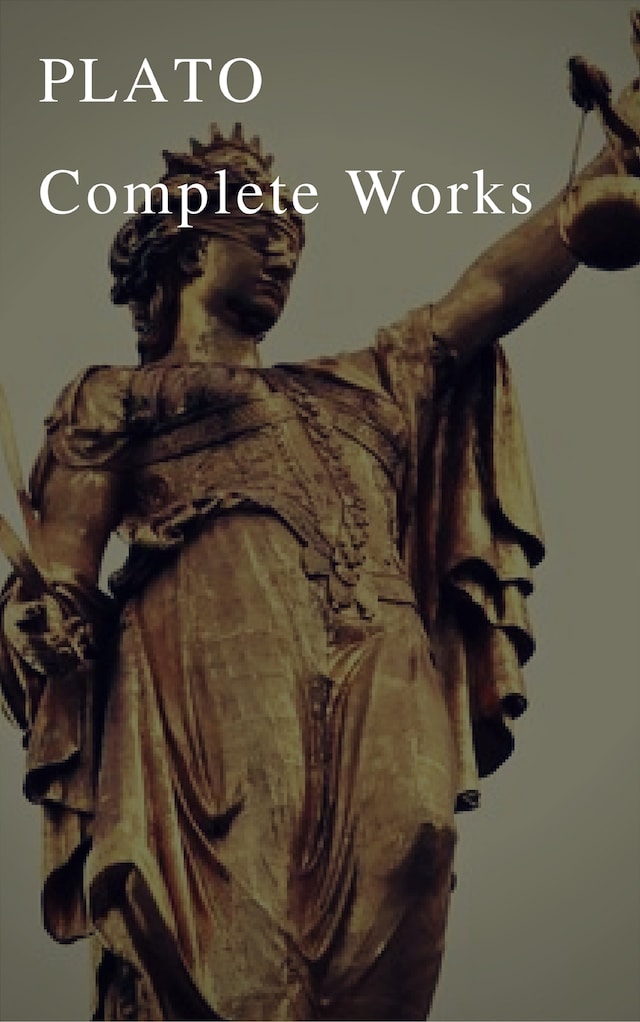
Plato: The Complete Works
Description of the book
Plato was a philosopher in Ancient Greece. He was an essential figure in the development of philosophy, especially the Western tradition, and he founded the Academy in Athens, the first institution of higher learning in the Western world.
Plato's dialogues have been used (and are still used) to teach a range of subjects, including philosophy, logic, ethics, rhetoric, religion and mathematics. His lasting themes include Platonic love, the theory of forms, the five regimes, innate knowledge, among others. His theory of forms launched a unique perspective on abstract objects, and led to a school of thought called Platonism.
The Complete Plato
Part 1: Early Dialogues
The Apology
Crito
Charmides
Laches
Lysis
Euthyphro
Menexenus
Ion
Gorgias
Protagoras
Meno
Part 2: Middle Dialogues
Euthydemus
Cratylus
Phaedo
Phaedrus
The Symposium
Theaetetus
Parmenides
Part 3: Late Dialogues
Sophist
Statesman
Philebus
Timaeus
Critias
Part 4: The Republic
I: Of Wealth, Justice, Moderation, and their Opposites
II: The Individual, the State, and Education
III: The Arts in Education
IV: Wealth, Poverty, and Virtue
V: On Matrimony and Philosophy
VI: The Philosophy of Government
VII: On Shadows and Realities in Education
VIII: Four Forms of Government
IX: On Wrong or Right Government, and the Pleasures of Each
X: The Recompense of Life
Part 5: The Laws
Books I–XII
 2,065 Pages
2,065 Pages